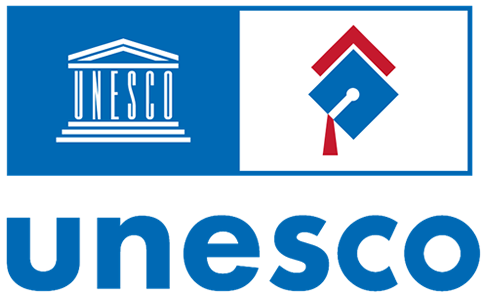"Estos indios nunca aprenden”… Universidad, racismo e interculturalidad en el Perú
Kay indiokuna mana hayk’aqpas yachankuchu… Perú suyupi hatun yachay wasi, ch’eqmi kausay, tinkuykuna nisqamantawan
Resumen
Este artículo tiene como objetivo discutir críticamente la continuidad de viejas estructuras coloniales en la universidad peruana que impiden su transformación en una institución pertinente que responda a la diversidad cultural del país. Dado que la universidad sigue operando bajo la perspectiva monocultural y hegemónica del saber occidentalizado que invisibiliza y folkloriza el saber y los mundos de otros pueblos andinos, amazónicos y afrodescendientes. Se hace breve referencia histórica sobre el encuentro colonial y los mecanismos de poder en los que se constituye la universidad como una institución de élite que opera bajo modelos europeos desde la colonia hasta el presente. A partir de ello se busca reflexionar sobre experiencias de universidades nacionales con grupos de estudiantes de procedencia étnica en las primeras décadas del siglo XXI, concretamente de programas de acción afirmativa en las que el autor tuvo experiencia como estudiante y posteriormente como docente dentro de dos universidades públicas. Para abordar el tema, se ha organizado el trabajo en tres apartados: la dominación y herencia colonial de la universidad peruana; diversidad cultural, racismo y universidad; la emergencia intercultural en la universidad e ideas finales.
Derechos de autor 2023 Vicente Torres Lezama

Esta obra está bajo licencia internacional Creative Commons Reconocimiento-NoComercial 4.0.
Los derechos de autor permiten la protección del material original, y frena la utilización del trabajo ajeno sin permiso. UNESCO IESALC se adhiere a las licencias Creative Commons en la publicación de acceso abierto de la ESS. En concreto, los textos publicados en esta revista están sujetos a una licencia Creative Commons Reconocimiento-NoComercial 4.0 Internacional (CC BY-NC 4.0): La ESS es una revista de acceso abierto, lo que significa que todo el contenido está disponible gratuitamente para el usuario o su institución. Los usuarios pueden leer, descargar, copiar, distribuir, imprimir, buscar o enlazar a los textos completos de los artículos, o utilizarlos para cualquier otro fin lícito, sin pedir permiso previo al editor o al autor, procurando siempre cite al autor. No se permite el uso comercial. La ESS requiere que los autores acepten el Copyright Notice como parte del proceso de envío. Los autores conservan todos los derechos.
La licencia completa puede consultarse en https://creativecommons.org/licenses/by-nc/4.0/
 Reconocimiento – NoComercial (CC BY-NC 4.0)
Reconocimiento – NoComercial (CC BY-NC 4.0)
Esta revista no aplica ningún tipo de cargo a los autores por la presentación o procesado de los artículos. Los autores de las colaboraciones recibirán acuse de recibo de que el trabajo ha llegado al Equipo Editorial de la Revista.



.png)
